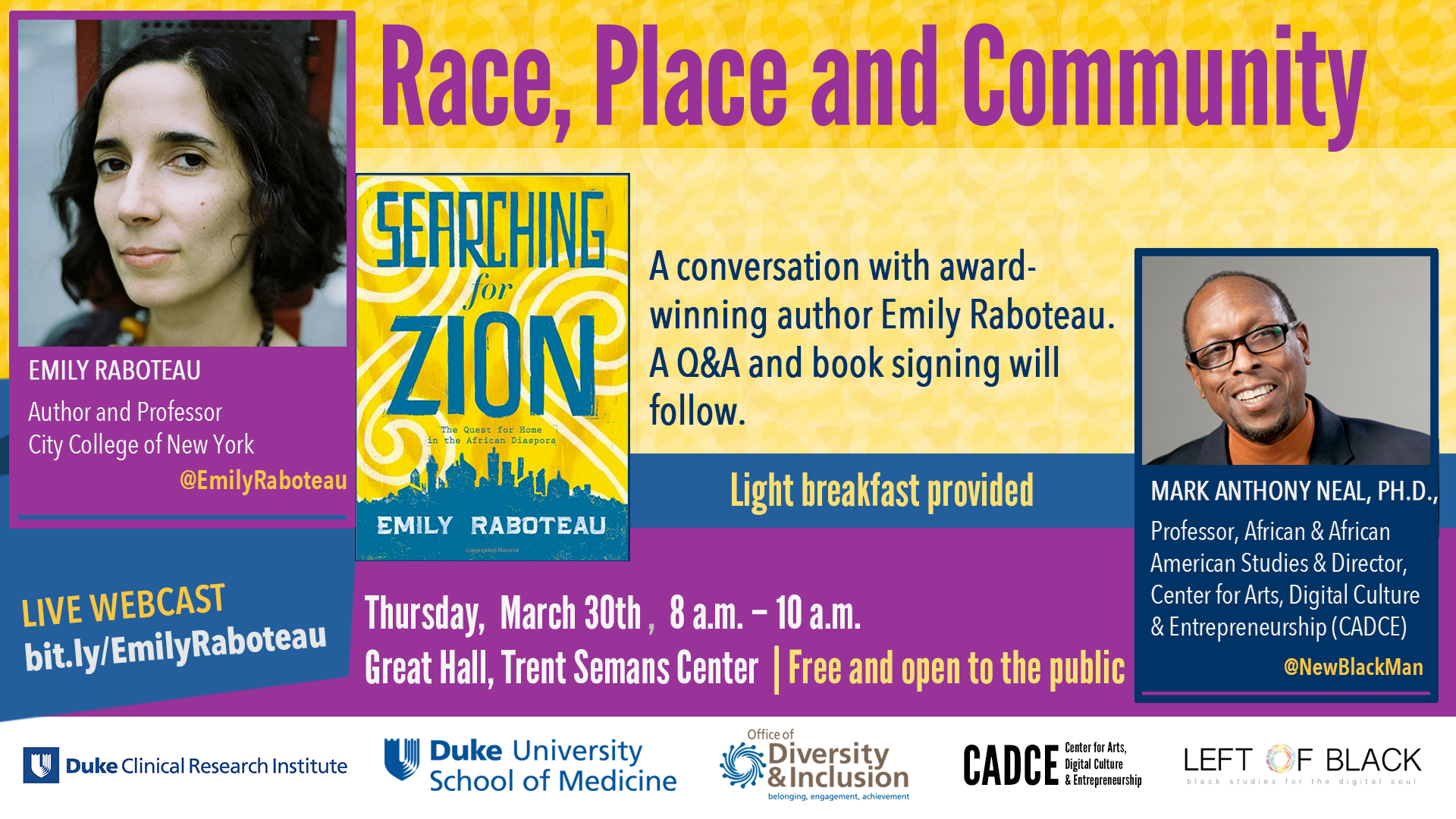Latin American Policy Series (3): Racism and Responses to Racism in Latin AmericaPosted in Articles, Caribbean/Latin America, Law, Media Archive, Politics/Public Policy, Social Justice, Social Science on 2017-04-02 01:15Z by Steven |
Latin American Policy Series (3): Racism and Responses to Racism in Latin America
the bulletin: A Willy Brandt School Blog
2017-03-07
Arivaldo Santos de Souza
This article is a continuation of the Latin American Public Policy Series and briefly introducing the topic “Racism and Responses to Racism in Latin America”, building upon Tanya Hernández´s thoughts, whose book: “Racial Subordination in Latin America – The Role of the State, Customary Law, and the New Civil Rights Response” (Cambridge Press, 2012) which I just translated into Portuguese. This analysis seeks to intrigue Latin Americans to think more deeply about the way people of African descent in their respective countries were (and still are) mistreated based on the arguments presented by Tanya Hernandez.
Approximately 150 million people of African descent, members of one of the largest African Diasporas over time, live in Latin America. Even though, we people of African descent make up around 1/3 of total population in Latin American, members of the African diaspora make up more than 40 percent of the poor in Latin America and have been marginalized as undesirable to society since the abolition of slavery across the Americas.
The idea that “racism does not exist” is hegemonic in Latin America, despite the increasing number of black social movements across the region. The “myth of racial democracy”, which supports that the racial mixture (mestizaje in Castellano and mestiçagem in Portuguese) in a population is a symptom of racial harmony and absence of inequalities based in race is still influential even among scholars and well-educated citizens…
Read the entire article here.







